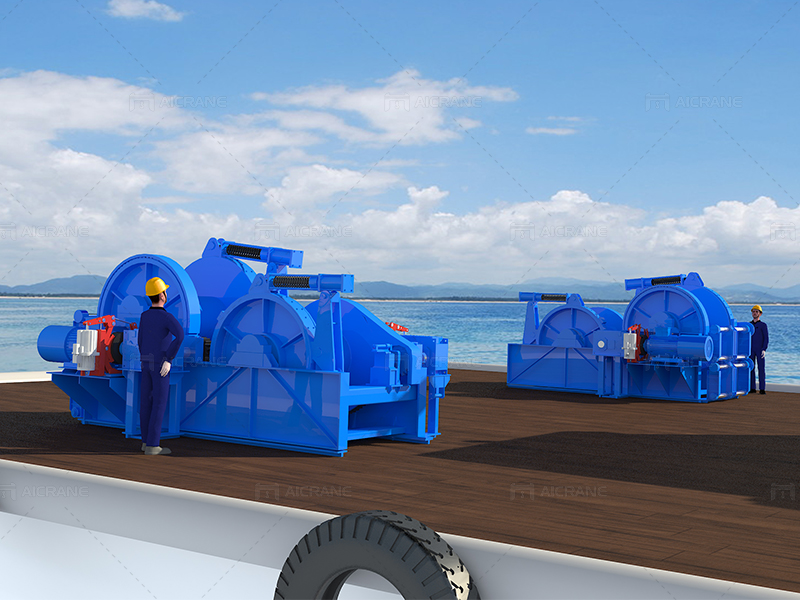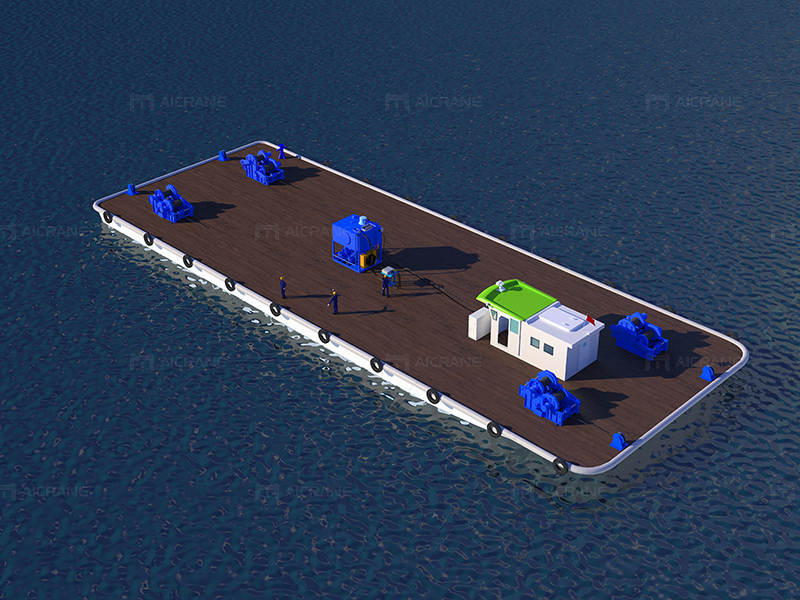Choosing the right winch in Indonesia requires careful consideration of several factors to ensure that the equipment meets the specific needs and requirements of the intended application. Whether you’re selecting a winch for use in construction, mining, marine, or other industries, it’s essential to evaluate factors such as load capacity, operating environment, power source, and budget. In this passage, we’ll explore the key considerations for choosing a winch in Indonesia and provide guidance on selecting the most suitable option for your needs.

Identify the Application Requirements
The first step in choosing a winch is to clearly define the application requirements. Consider factors such as the type of load to be lifted or pulled, the weight of the load, the frequency of use, and any specific operational challenges or environmental conditions. For example, if you’re lifting heavy loads in a marine environment, you’ll need a winch with corrosion-resistant materials and a high load capacity.
Determine the Load Capacity
One of the most critical factors to consider when choosing a winch is its load capacity. Determine the maximum weight that the winch will need to lift or pull, including any additional factors such as incline or resistance. Choose a winch with a load capacity that exceeds the maximum weight of the load to ensure safe and efficient operation.
Select the Power Source
Winches are available in a variety of power sources, including electric, hydraulic, and manual. Consider the availability of power sources at your worksite and the specific requirements of your application when choosing a winch. Electric winches are popular for their ease of use and versatility, while hydraulic winches offer high power and efficiency for heavy-duty applications. Manual winches are suitable for smaller loads or situations where power sources are limited.

Evaluate the Operating Environment
Consider the operating environment in Indonesia when choosing a winch, including factors such as temperature, humidity, dust, and corrosion. Select a winch with durable construction and protective coatings to withstand harsh environmental conditions. For example, if you’re operating in coastal or marine environments, choose a winch with corrosion-resistant materials such as stainless steel or aluminum.
Assess Safety Features
Safety is paramount when operating winches, especially in industrial settings. Look for winches with built-in safety features such as overload protection, emergency stop buttons, and automatic braking systems. These features help prevent accidents and ensure the safety of operators and bystanders during winch operations.
Consider Installation and Maintenance Requirements
Evaluate the installation and maintenance requirements of the winch, including mounting options, space limitations, and accessibility for maintenance tasks. Choose a winch that is easy to install and maintain, with accessible components and clear instructions for maintenance procedures. Consider factors such as the availability of spare parts and technical support when selecting a winch manufacturer or supplier.
Review Budget and Cost Considerations
Finally, consider your budget and cost considerations when choosing a winch. Compare the prices of different winch models and manufacturers, taking into account factors such as quality, reliability, and warranty coverage. While it’s essential to stay within budget constraints, prioritize quality and performance to ensure the long-term durability and efficiency of the winch.
In conclusion, choosing a winch in Indonesia requires careful consideration of factors such as load capacity, power source, operating environment, safety features, installation and maintenance requirements, and budget. By evaluating these factors and selecting a winch that meets your specific needs and requirements, you can ensure safe, efficient, and reliable operation in a variety of applications and industries.
